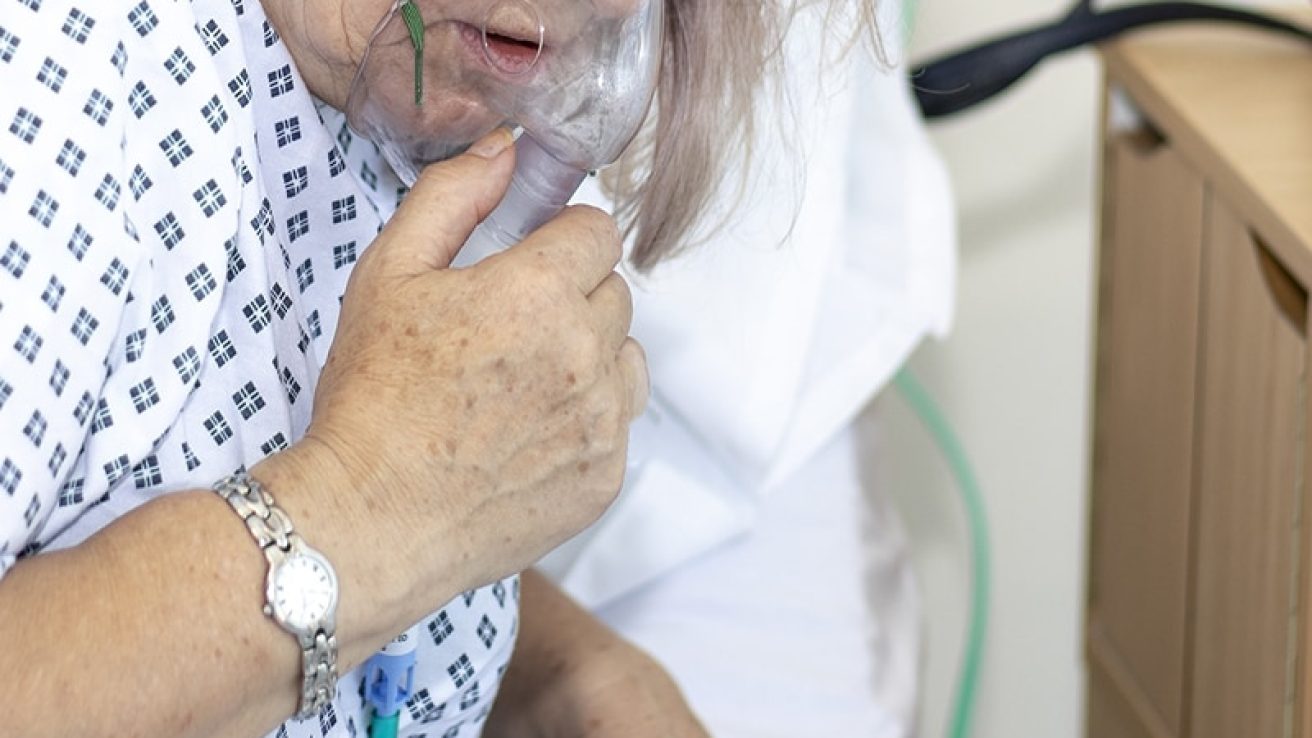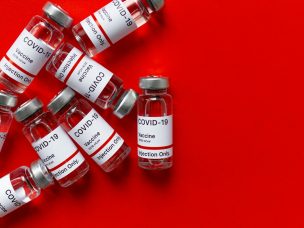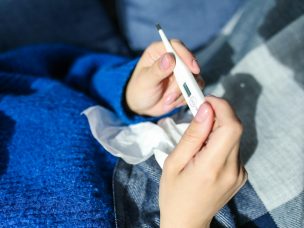THURSDAY, Oct. 22, 2020 (HealthDay News) — For moderately ill hospitalized patients with COVID-19, tocilizumab is not effective for preventing intubation or death, according to a study published online Oct. 21 in the New England Journal of Medicine.
John H. Stone, M.D., M.P.H., from Massachusetts General Hospital in Boston, and colleagues conducted a randomized trial involving patients with confirmed severe acute respiratory syndrome coronavirus 2 infection, hyperinflammatory states, and at least two of: fever, pulmonary infiltrates, and need for supplemental oxygen to maintain oxygen saturation >92 percent. Two hundred forty-three patients were randomly assigned to receive either standard care plus a single dose of tocilizumab or placebo in a 2:1 ratio.
The researchers found that the hazard ratio for intubation or death was 0.83 (95 percent confidence interval, 0.38 to 1.81; P = 0.64) for tocilizumab versus placebo, and for disease worsening, the hazard ratio was 1.11 (95 percent confidence interval, 0.59 to 2.10; P = 0.73). At 14 days, 18.0 and 14.9 percent of patients in the tocilizumab and placebo groups, respectively, had had disease worsening. The median time to discontinuation of supplemental oxygen was 5.0 and 4.9 days in the tocilizumab and placebo groups, respectively (P = 0.69). At 14 days, 24.6 and 21.2 percent of patients receiving tocilizumab and placebo, respectively, were still receiving supplemental oxygen. Fewer serious infections occurred in patients receiving tocilizumab versus placebo.
“We demonstrated very clearly that, for patients with the disease severity we studied, the use of IL-6 receptor blockade is not warranted,” Stone said in a statement.
The study was funded by Genentech, the manufacturer of tocilizumab.










